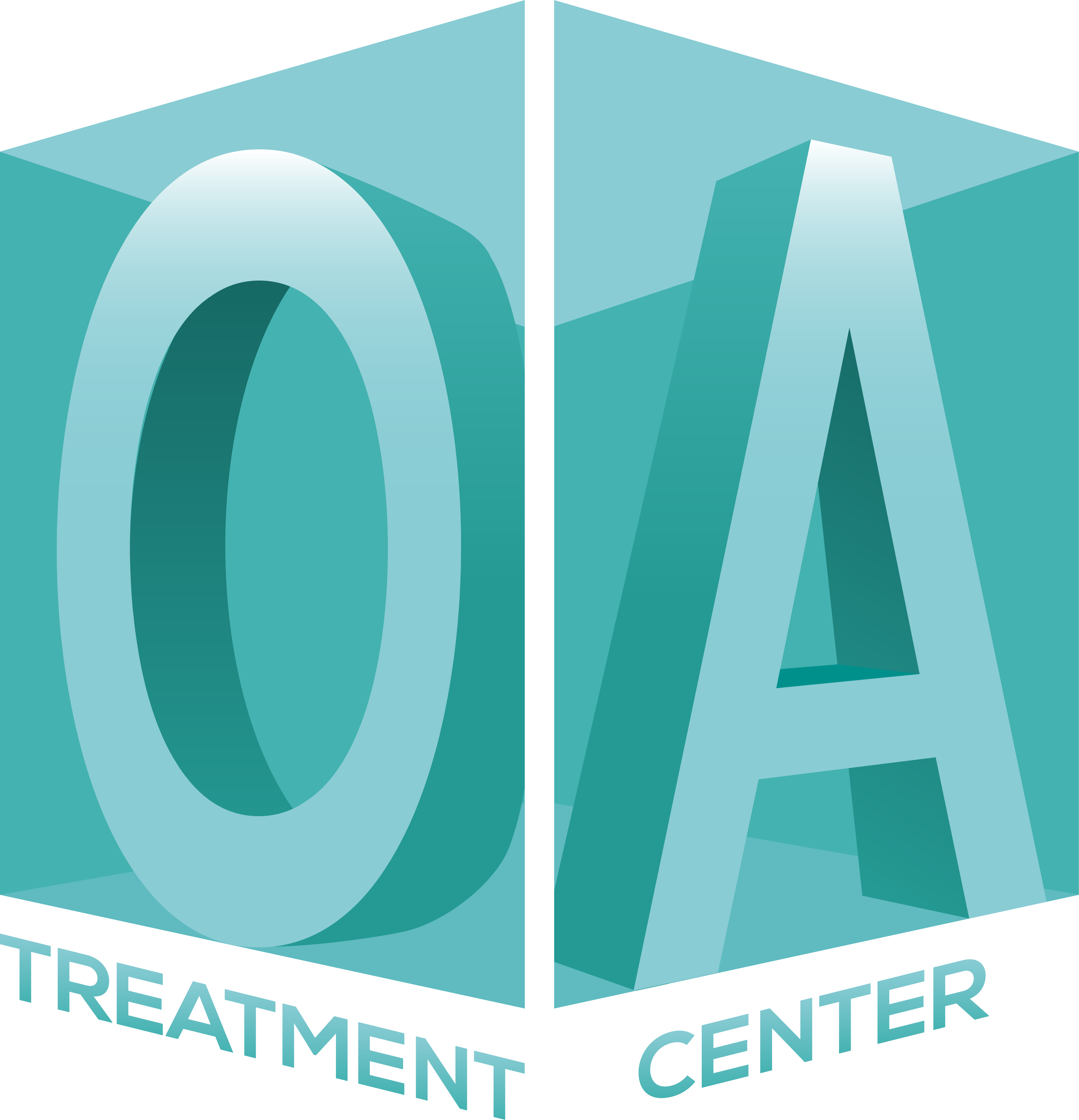Modalities
Cognitive Behavior Therapy (CBT) sessions are available by video conference (telehealth). CBT telehealth is available to all residents of North Carolina and Massachusetts. What does it mean to get cognitive behavioral therapy? It means learning the tools and strategies that have been shown through research (empirically validated) to be effective for treating specific symptoms and concerns. While there are commonly recommended treatment guidelines for each different diagnosis, your therapy path will depend on multiple factors that make up who you are as a person. The assessment looks at psychological, biological, family and other social dynamics that may be contributing to symptoms and a reduction in quality-of-life. Treatment goals are customized. The process is collaborative and we work together to decide the therapy path. I believe everyone who comes in for help deserves a discussion about their treatment plan, and why a certain treatment direction is being considered. How often you come in for treatment is also a collaborative decision process. Therapy is about educating you as a consumer, and giving you tools to use to reduce your symptoms. These life tools can be used not only during the session time, but in the time between sessions, and after the therapy ends to maintain your gains. As a client, you have the right to ask why one treatment direction is recommended over another. If at the time of treatment you are also working with another therapist or psychiatrist or medical doctor, it is important to work as a team toward your overall care.
It is the therapist’s job to provide education, guidance and support throughout the therapy process.
One free initial phone consultation is offered prior to your first intake session. This is to assess if this treatment is right for you, if your concerns are within my areas of expertise or not, for you to get a sense of who I am, and to decide if you would want to set up an appointment with me.
Intake/first session – Typically a 1 hour session to gather information about your concerns, to provide you with an initial idea about future directions for treatment, and to address any questions.
Individual sessions - Sessions are 45 min. Typical attendance is once a week or every other week. Depending on individual treatment goals, severity of concerns, and where an individual is in their therapy process, attendance may be more often or less often than this.
Family sessions – Sessions are 45 min. and scheduled as needed based on treatment goals. When working with kids and teens, and occasionally adults, one or more family members can be included in part or all of a session.
Half sessions – Sessions are 25 min and scheduled as needed based on treatment goals. With CBT, homework tasks are frequently suggested for a client to continue their therapy gains outside of session time. Occasionally a shorter check-in session is all that is needed to follow-up, learn new tools, and continue personal growth.
Telehealth Sessions – Being a licensed psychologist in both NC and MA, I provide assessment and treatment sessions by video to an individual or family living anywhere within these states. Video conference sessions occur on a HIPAA compliant platform which encrypts the transmission. There is no recording made of the session or your name. Session length is based on therapy goals. A trip to the office to get cognitive behavior therapy is not required.
Intensive outpatient treatment – Intensive outpatient treatment (IOP) can be set up multiple ways. It may involve multiple 45 min sessions within a week, or it can be a treatment session that lasts 2 or 3 hours, once a week or several times a week. IOP is customizable.
Community based treatment – At times, treatment gains can be enhanced by conducting a session within a community setting. The goal is never to embarrass or shame but to enhance the effectiveness of the therapy. (For example, a specific exposure and response prevention task for the treatment of OCD, or facing a specific situation in the treatment of panic.) The appropriateness of this modality is determined by the clinician and decided collaboratively based on clinical goals.
Home based treatment – While less common, this can be very useful for people who struggle with moderate to severe hoarding. The appropriateness of this modality is determined by the clinician and decided collaboratively based on clinical goals. Telehealth video sessions can also be used to address concerns that primarily originate in the home.
Payment
Session rates are based on a sliding fee scale. The treatment center is a self-pay program. The session sliding fee is based on household income. Please call to discuss rates based on your individual needs. Checks, credit cards and HSA cards are accepted. Following payment, I can provide to you a detailed receipt with all the information that insurance requires so that you may seek reimbursement from your insurance company directly. I am available to discuss fee and insurance reimbursement questions prior to setting up an initial appointment.
Other Sources of Information:
- International Obsessive Compulsive Disorder Foundation (iocdf.org)
- The TLC Foundation for Body Focused Repetitive Behaviors (bfrb.org)
- Association for Behavioral and Cognitive Therapies (abct.org)
- North Carolina Psychological Association (ncpsychology.org)
- Western North Carolina Psychological Association (wncpa.wildapricot.org)
- Psychology Today (psychologytoday.org)
- American Psychological Association (apa.org)
- Massachusetts Psychological Association (masspsych.org)
- Anxiety and Depression Association of America (adaa.org)
- National Alliance on Mentally Illness (nami.org)
- Depression and Bipolar Support Alliance (dbsalliance.org)
- Tourette Association of America (tourette.org)
- Children and Adults with ADHD (chadd.org)
